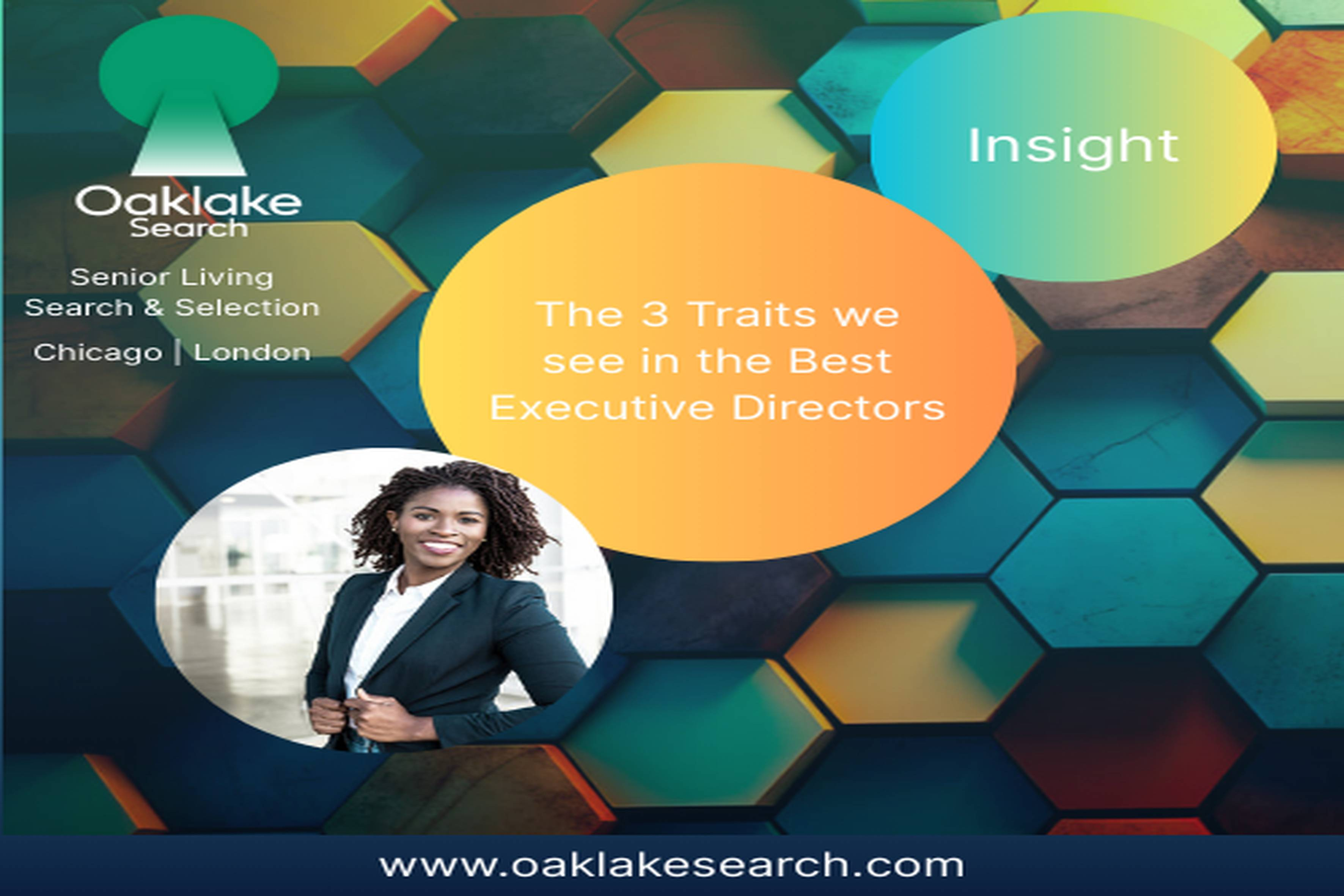Why 70-Year-Olds Look Better Than Ever – And What It Means for the Future of Senior Living Leadership
By Howard Green, CEO of Oaklake Search
It’s not every week that a Sunday Times science column catches the eye of a healthcare recruiter. But this past weekend, I was struck by a powerful truth we see every day in senior living: the image of ageing has changed beyond recognition.
We’re entering an era where 70 is not the new 60 — it’s practically the new 50. From the residents in our communities to the executives leading them, many are redefining what it means to grow older — and the implications for our sector are both exciting and profound.
Take Fiona Wright, a 70-year-old retired headteacher. She’s running half-marathons, strength training, and keeping a weekly calendar that would exhaust most 40-year-olds. She’s emblematic of a wider generation — the baby boomers — who are living longer, looking younger, and staying active well into their seventh and eighth decades.
The Healthiest Ageing Generation Yet
This is the generation that reaped the early benefits of antibiotics, mass vaccination, and post-war prosperity. They avoided the rigours of national service, embraced higher education, and were among the first to live their adult lives with access to expanding healthcare systems. They also made crucial lifestyle shifts — smoking rates plummeted, sun protection became common practice, and exercise moved from fringe interest to lifestyle staple.
As a result, today’s 70-year-olds don’t just look better — they are better. A landmark Yale/USC study found that boomers in their 60s are biologically younger — on average by four years — than their predecessors were at the same age. Sixty really is the new 56.
Why This Matters to Senior Living Leadership
In executive search, we’re often asked to identify leaders who can inspire, energize, and relate to a multigenerational workforce — while also understanding the unique needs of an ageing population. And here’s the key insight: our population is ageing, but it’s not “getting old” in the traditional sense.
The senior living leaders of tomorrow need to speak the language of longevity, vitality, and purpose. That’s true whether they're leading a 300-unit CCRC or managing wellness initiatives across a regional portfolio.
Gone are the days of passive retirement. The new 70-year-old is planning their next race, launching a consultancy, or learning a new language. Senior living operators — and by extension, those of us who help recruit their leadership — need to match that same energy and optimism.
Challenges on the Horizon
But this isn’t a universally rosy picture. While some boomers are thriving, others face a very different reality. Life expectancy is still heavily shaped by geography and income. In prosperous areas, men and women can expect to live well into their 80s. In poorer regions, that drops sharply — a full seven years in some cases.
Meanwhile, younger generations may not be so lucky. Rising obesity, sedentary lifestyles, ultra-processed diets, and chronic stress are threatening to undo the gains of the past half-century. According to some researchers, today’s children may be the first to experience worse health outcomes than their parents.
This “generational health drift” has real implications for how we plan care, allocate resources, and design communities. It also means that the leaders we place today must be forward-thinking, agile, and prepared to navigate a future of growing disparity in health outcomes.
A New Kind of Senior Living Experience
At Oaklake Search, we’re increasingly partnering with providers who recognize that senior living is not about winding down — it’s about levelling up. Residents want autonomy, wellness, technology, and purpose. And leadership teams need to reflect that shift.
We’re already seeing a rise in C-suite roles focused on innovation, longevity, and active ageing. Roles like Chief Wellness Officer or VP of Lifestyle & Engagement are no longer fringe additions — they are central to competitive strategy. Why? Because senior living is no longer just about care — it’s about aspiration.
Inspiration from Fiona
Fiona Wright says running gives her more than fitness. It gives her goals, hope, and dreams. Isn’t that exactly what we should be offering in our communities — and expecting from our leaders?
The future of senior living isn’t just about adding years to life. It’s about adding life to years. At Oaklake Search, we’re proud to work with organizations and executives who are doing just that.
Howard Green
CEO, Oaklake Search
Executive Search for US Senior Living Leadership
www.oaklakesearch.com




